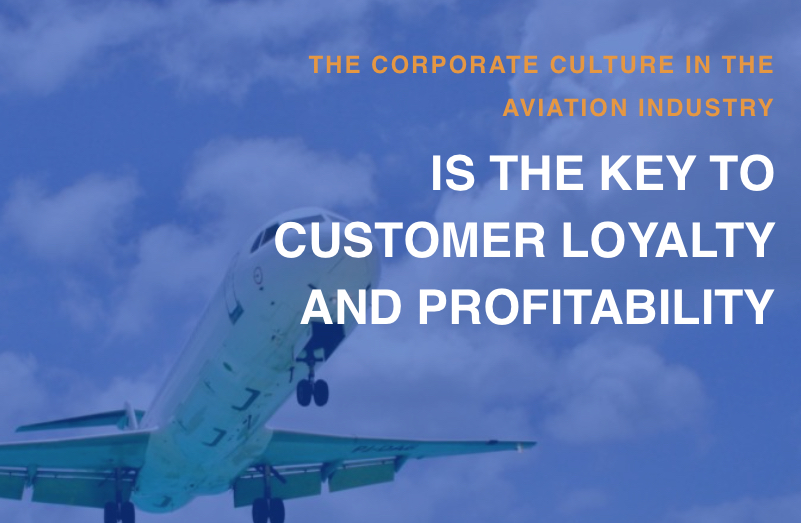What are you willing to die for ?
What are you willing to die for ? Sometimes we need to ask these very essential questions to ensure we make the right decisions in life
Some time ago I was in Germany to coach a leadership team who’s company was recently taken over by a Russian company. Gugin has been been consulted on the organisational and cultural issues throughout the acquisition and integration process and we felt comfortable with the this post-merger situation, because everything has run pretty smooth and without any major dramas.
So I was surprised when I a month ago received an email from the chairman of the board telling me that the former CEO, CTO and CIO of the now acquired company had decided to leave. All three of them had been promoting the idea about seeking a global operating partner who would acquire the German company and all three of them became pretty wealthy from this transaction. They also agreed to stay for at least 18 months if they should avoid any financial penalty.
So we agreed that I should come to Germany and try to find out the underlying reasons behind these resignations. I didn’t like the situation because one of our main objectives is to make sure that the key stakeholders are comfortable and happy with the transition but obviously we missed something in this cultural transition process.
I managed to meet up with all three of them at the same time and they all seemed pretty relieved so I asked them what has changed since they suddenly decided to quit without having new senior executives roles at hand. It turned out that it was a week-end getaway with their families that has lead to this decision. These three people had started the german company 18 years ago and spent most of their time building and developing the company. They have had only few holidays and none of the three executives have had enough time to watch their children growing up, maintaining friendships or have any hobbies.
At that week-end in the French Alpes with their families they suddenly realised what they have missed. They were together for the first time in 18 years where they had no urgent matters to take care of. Their new roles were only briefly drafted for them but they did no longer have the overall responsibility for the company.
Friday night after some good bottles of wine they started to have this discussion about what it was worth dying for. They agreed that when they started the company (before meeting their wifes to be) their only consideration was to succeed with the company.
At our meeting in Germany last week I asked them what they were actually willing to die for as I believe it is an essential question to know the answer to because that answer reflects your deepest beliefs. They were quite intrigued by that question so I asked them; “would you die for your country?”. No was the answer from all of them. That was interesting. I have asked that question many times before to my students and when we coach leaders and I always pay attention to what people answer to the question about dieing for your country because it tells me a lot about the geographical mindset.
They became more comfortable about this morbid topic and they more or less agreed on that they were willing to die for their respective wifes and children. When asked how they had prioritised their wifes and children (the only ones they were willing to die for) over the past many years they became silent. After a while the CEO told me; “Finn, this is why we are quitting”.
It was evidently a wise decision but a question still remains. Why are so many of us spending most of our resources on subjects or people we are not willing to die for? I have met quite a few executives who in their 50’ies and 60’ies deeply are regretting that they didn’t prioritise their time more wisely earlier in life. Some of them are suffering from that their children don’t wan’t to see them as they were never around when the children needed them and some feel that they have spent all their resources and loyalty in companies who at the end of the day didn’t care at all.
So please ask yourself the question: “What am I willing to die for?” and then assess how you are prioritising your time according to the answer to that question.
And read more here if you want us to to help you getting the priorities right before it is too late

Dr Finn Majlergaard
CEO Gugin, Professor, Keynote Speaker, Author
- We align your corporate culture with your strategy.
- We take you safely through major changes in your organisation.
- We develop the crucial cultural intelligence in your organisation by training your employees and leaders
- We help you develop a competitive advantage with a unique corporate culture
Gugin has helped more than 600 companies around the world creating a winning corporate culture.

5 reasons you will never become a Leader
Do you want to become a leader. This article is about why you most likely will fail to become a leader. The article is also about what you can do yourself to change that situation. But you will probably find it is much harder than you anticipated.

Future Cultural Challenges for Airlines and Airports
Executive Summary IATA has forecasted that passenger demand to double over 20 Years with the fastest-growing markets in Asia and Sub-saharan Africa. This is no surprise that the emerging and frontier market economies account for the biggest growth in the near future....

Why is Cross-Cultural Leadership so challenging?
Cross Cultural Management is challenging to most managers. This article outlines 3 of the challenges and suggests how you can deal with them

Don’t Compromise – solve Dilemmas a more intelligent way
A compromise is often the answer when different values collide, but it is a bad solution. Read on and learn why and how you can do better

Check if your colleagues are cultural intelligent
Your colleagues need to be cultural intelligent in order to embrace diversity and to avoid a toxic workplace culture
